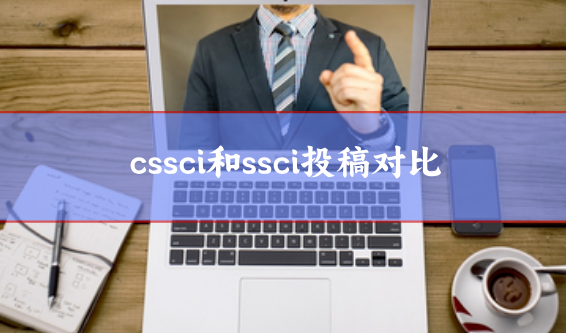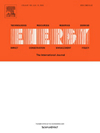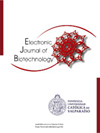国际期刊奇葩的拒稿理由,作者称是第一次遇到

前几天一位作者投国际sci期刊,编辑直接拒稿,因为参考文献绝大部分是国内作者的论文。鼓励作者修改参考文献后,重投。
in looking at the reference list, it appears that xxx of the xxx references cited are by chinese authors. only 1 reference is by a non-chinese group. xxxx is an international journal, and it is expected that references cited should include work and research by scientists from all over the world. this will present a broad overview of the state of the art and of the various important contributions by different groups over different times.
so then, without looking at or evaluating the quality or scientific merit of the present content, we at xxx reject this manuscript editorially for its narrow focus. authors are encouraged to re-formulate their reference list, broaden it and be more inclusive to show the global interest in their topic. the authors could then submit such a revised manuscript as a new submission to xxxx.
作者直言:第一次碰到这种拒稿原因。这种情况是不是还有质量方面的原因呀?编辑是不是没看上论文呀,所以随便找了个理由拒稿呀。让修改后重投,是不是只是客套话呀?
国际期刊因参考文献中国内学者比例过高而拒稿的情况确实存在,但背后的原因需要理性分析。首先,很多国际期刊明确要求文献需体现“全球代表性”,尤其是综述类论文或涉及普适性问题的研究。如果参考文献中90%以上都是国内文献,编辑可能认为研究缺乏国际视野,未与国际学术界对话,或者对领域内其他国家的进展了解不足。这种情况下,拒稿更多是技术性原因,而非直接否定研究质量。
不过,也不能完全排除隐性偏见的可能。部分国际期刊编辑可能对非英语国家的研究存在刻板印象,将“高比例国内文献”与“低国际影响力”简单挂钩。但严格来说,这种拒稿属于“程序性拒稿”(即编辑未送审就直接退回),而非对论文内容的否定。编辑鼓励修改后重投,说明他们认可研究本身有一定价值,但需要更符合期刊的发表标准。
作者可以尝试以下调整:一是补充国际经典文献,尤其是领域内的里程碑式研究,哪怕只是引用几篇;二是在讨论部分加入与国外成果的对比;三是如果研究聚焦国内问题,需在引言或摘要中明确其全球意义,比如“中国案例为发展中国家能源转型提供了独特视角”。
总之,这次拒稿更像是“学术写作规范”的提醒,并不是对质量的否定。建议优先按编辑建议修改,同时反思研究是否真正具有国际对话空间。若调整后重投仍被拒,再考虑其他期刊或深入探讨地域性研究的发表策略。









